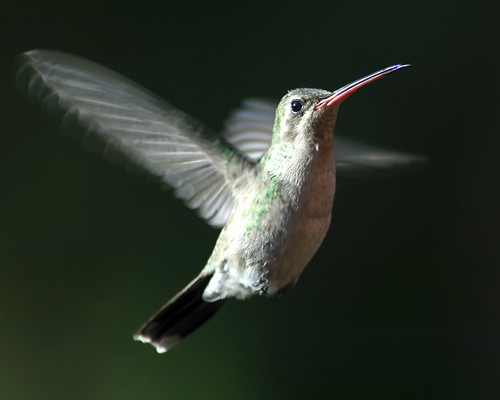As you may know, the Keystone Pipeline was recently made available for public comment. I'd like to share a little information and hopefully encourage you to voice your opinion on this matter.
WHAT'S THE DEAL W/ #KXL
The proposed pipeline will carry crude oil and products of tar sands production from Canada through the U.S. for refining. There's also been talk of shipping these refined products to Europe.
Aside from the mainstream environmental issues - its contribution to climate change and our government's continued resistance to move away from fossil fuels - Native Americans and First Nations of Canada have been extremely active and vocal about stopping Keystone. All of the land the pipeline will traverse and will draw from were once native lands - and some still belong to native people. Beyond that, burning these fossil fuels will affect us and generations to come, with unforeseen consequences of climate change. This is a bleak picture that I'm sure you are familiar with.
However, there is good news!
The construction permit for this project has not issued yet - it's still a proposal. That means, if we get our act together, we can prevent it.
WHAT TO DO ABOUT IT
There are several things you can do to express your thoughts, feelings, and plans for the project. Here are a few:
- Submit a comment online - http://www.regulations.gov/#!docketDetail;D=DOS-2014-0003 - before March 7
- Write and send in a letter to (more info http://www.keystonepipeline-xl.state.gov/) - before March 7
U.S. Department of StateBureau of Energy Resources, Room 4843Attn: Keystone XL Public Comments2201 C Street, NWWashington, DC 20520
- Share this email with your friends and people who care about the health of the planet and its people.
- Attend or organize a protest - join others who feel similarly, feel solidarity in action - they're happening across the country.
The first two actions are often taken in isolation; you can't really *feel* that you're part of something bigger. However, attending protests is often an inspiring way to show how I feel about something and also be joined by others who agree. It's motivating and reminds me that tons of other people really care about these things and are willing to go out and do something about it.
CONCLUSION: DON'T SIT THIS ONE OUT
I recently saw Winona LaDuke (an Anishinaabe activist) speak - she made a point about how the extractive industry is becoming more extreme. The Deepwater Horizon (drilling to depths of more than 30,000 ft) fracking, mountaintop removal, now tar sands extraction - the U.S. is becoming more and more desperate in our addiction to these toxic substances. But more and more people are also standing up, realizing the truths about climate change, and taking action against the government's mindless trajectory toward climate destabilization.
I urge you to voice your own opinion about the Keystone Pipeline - we have the ability to slow, stop, and prevent it from happening.
I'd love to hear if this email has been motivating to you - and to hear if you decide to email or mail in a letter.



